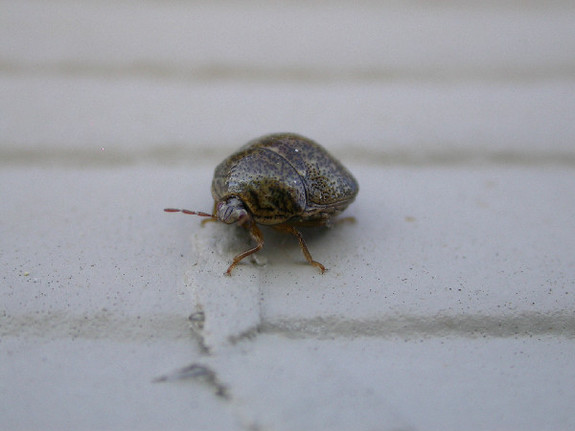
© BTOTrying to tell us something? Clement the cuckoo has already migrated to Africa, where he spends each winter. The tracking device can be seen on his back
It seems the chances of a warm British summer are doomed if the migratory movements of a cuckoo are anything to go by.
So unimpressed with our mild climate is Clement the cuckoo that he has already flown to Africa, where he spends each winter.
He is one of five cuckoos that scientists are tracking on their southward migration, and the first to have left Europe altogether.
Three of the others are currently in Italy, while the last has remained in East Anglia, where all five were caught and tagged with fingernail-sized tracking devices in May.
The British Trust for Ornithology (BTO) is monitoring the birds in order to work out why their population has dramatically fallen over the last few years.
The adventurous Clement left Britain on June 3, a month before ornithologists had thought the cuckoos would begin their migration.
He then surprised researchers by taking a westward route, flying over France before heading west through Spain and then crossing the Mediterranean into Algeria.
Scientists had expected all the cuckoos to travel on an easterly route down the length of Italy.





